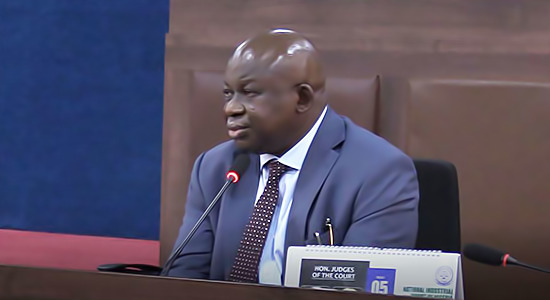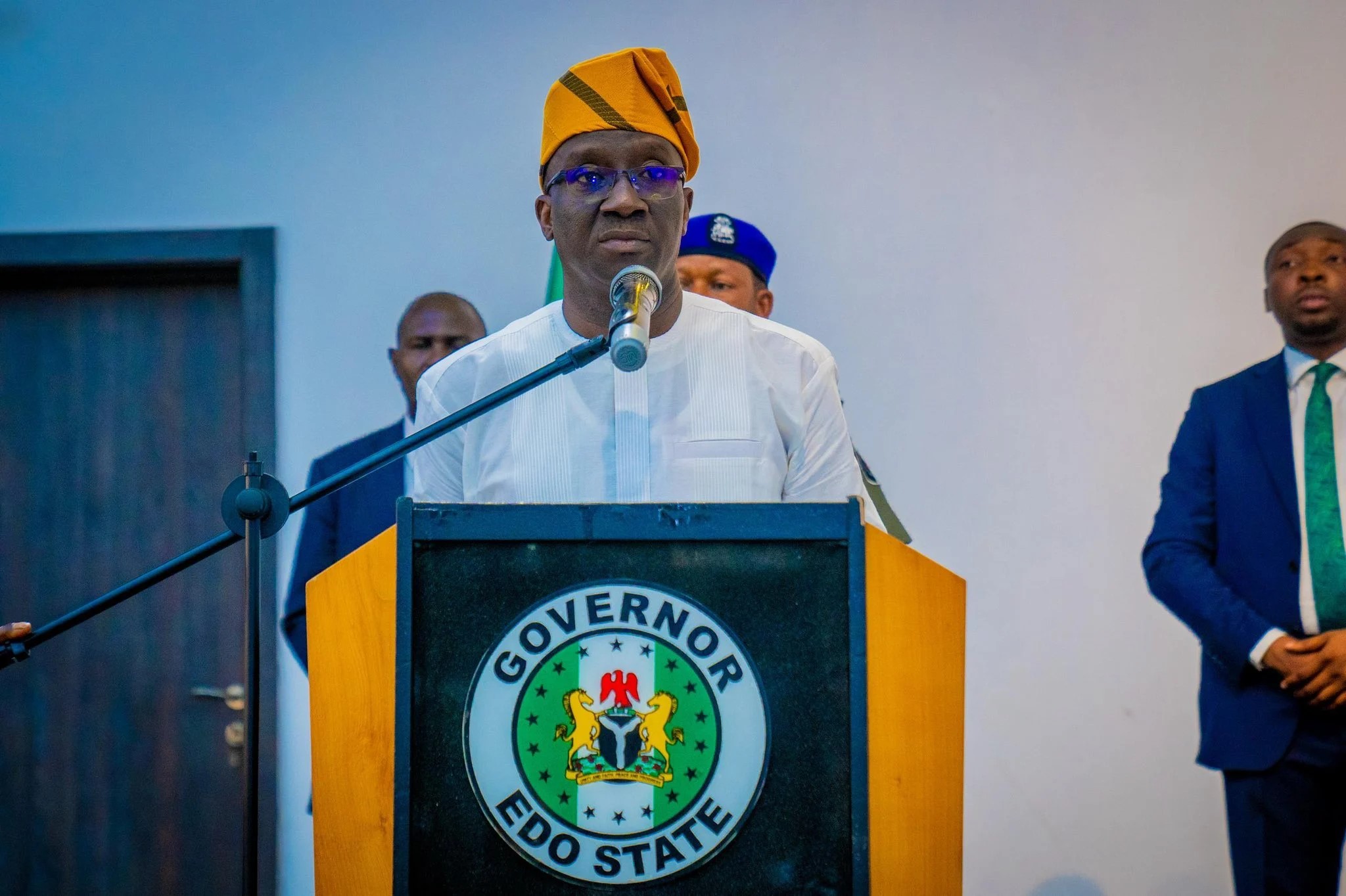
Justice Benedict Kanyip, President of the National Industrial Court of Nigeria (NICN), has emphasised the central role of labour law in protecting human dignity and ensuring fairness in the workplace, especially as Nigeria navigates digital transformation and evolving employment structures.
Speaking in Lagos at the 2025 Employment and Labour Law Conference, organised by the Nigerian Bar Association’s Section on Legal Practice, Justice Kanyip said employment law must go beyond safeguarding workers with formal contracts. Instead, it must respond to broader risks such as job insecurity, automation, and exploitation.
He stated that the law must recognise the humanity of workers, ensuring they are not treated as disposable or dehumanised, regardless of their contractual status. According to Kanyip, new workplace realities, including the rise of artificial intelligence, remote work, and platform-based employment, pose regulatory challenges that demand a proactive legal response.
He also highlighted the need to distinguish between workers and independent contractors, noting that some employers deliberately exploit these classifications to deny workers their rights. Kanyip warned against the growing trend of classifying workers as “independent” to evade legal obligations around wages, safety, and social protection.
Mrs. Omono Omaghomi, chair of the NBA’s Employment and Industrial Relations Committee, recalled the significant impact of the Third Alteration to the 1999 Constitution, which expanded the NICN’s jurisdiction. She particularly referenced Section 254C, which empowers the court to resolve disputes related to labour, employment, workplace discrimination, and unfair treatment.
The conference brought together legal scholars, labour experts, trade union leaders, and government officials to reflect on emerging trends and reinforce Nigeria’s commitment to rights-based workplace governance.












